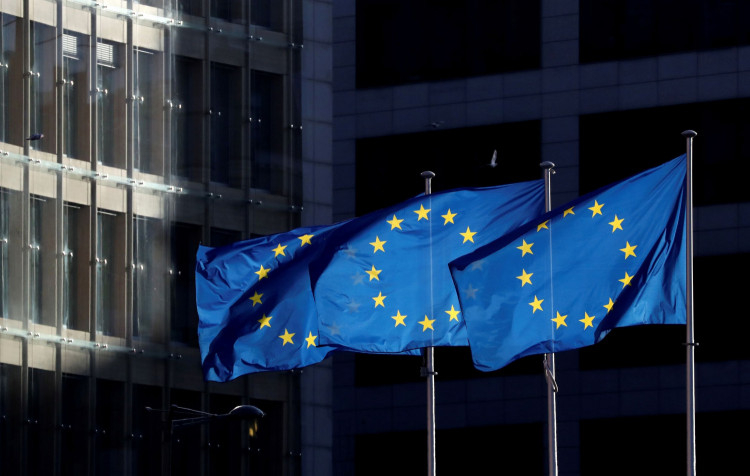European Commission President Ursula von der Leyen announced a sweeping plan Tuesday to bolster the European Union's military capabilities, unveiling a proposal that could mobilize up to €800 billion ($841 billion) in defense spending. The initiative, named the "ReArm Europe" plan, comes as the U.S. under President Donald Trump suspends all military aid to Ukraine, raising concerns among European leaders about regional security and NATO's future role.
"Europe is ready to massively boost its defense spending," von der Leyen said in a statement. "Both, to respond to the short-term urgency to act and to support Ukraine but also to address the long-term need to take on much more responsibility for our own European security."
The proposal includes €150 billion ($158 billion) in EU-backed loans to member states for investments in key defense sectors, including air and missile defense, artillery systems, drones, and cyber capabilities. It would also allow countries to bypass EU budget deficit rules to allocate more national funds toward military spending.
"We are in an era of rearmament," von der Leyen said, adding that the plan is designed to give European countries the resources needed to act independently in strengthening their military capacity.
The timing of the announcement coincided with Trump's abrupt decision to halt all U.S. military assistance to Ukraine. Poland's foreign ministry spokesman Pawel Wronski said Tuesday that the move was made "without informing, nor consulting" NATO allies, describing it as a "very important decision and the situation is very serious."
Irish Prime Minister Michael Martin called Trump's decision a "serious setback" to achieving peace, warning that it could embolden Russian aggression. "Europe is very conscious, also, of the fact that there are many other states across Europe who fear Russian aggression and Russian ambition," Martin said.
Czech Prime Minister Petr Fiala echoed the urgency for a stronger European defense posture. "The era of relying on others to address fundamental international challenges on our behalf is over," Fiala said. "Now is the time for Europe to move decisively from words to action."
Von der Leyen said the ReArm Europe plan would be discussed by EU leaders at a summit in Brussels later this week, where officials will consider how to implement the strategy alongside existing NATO commitments.
The European Commission's proposals reflect increasing concerns that Trump's foreign policy approach could lead to a reduced U.S. role in European security. Trump has repeatedly criticized NATO members for failing to meet the alliance's target of spending at least 2% of GDP on defense and has pushed European allies to increase their contributions to 5%.
The pressure has already prompted some countries to act. Poland, which has emerged as one of Ukraine's most vocal backers, has significantly ramped up defense spending and called for similar commitments from other EU nations. Germany's Foreign Minister Annalena Baerbock welcomed the proposal, calling it an "important first step" and urging Europe to take a "quantum leap" in its military capabilities.
European officials argue that while EU countries already supply the majority of Ukraine's military aid, the U.S. remains a critical provider of advanced weaponry. Malcolm Chalmers, Deputy Director-General of the Royal United Services Institute, cautioned that Trump's aid suspension could embolden Russian President Vladimir Putin to demand more concessions from Ukraine.




